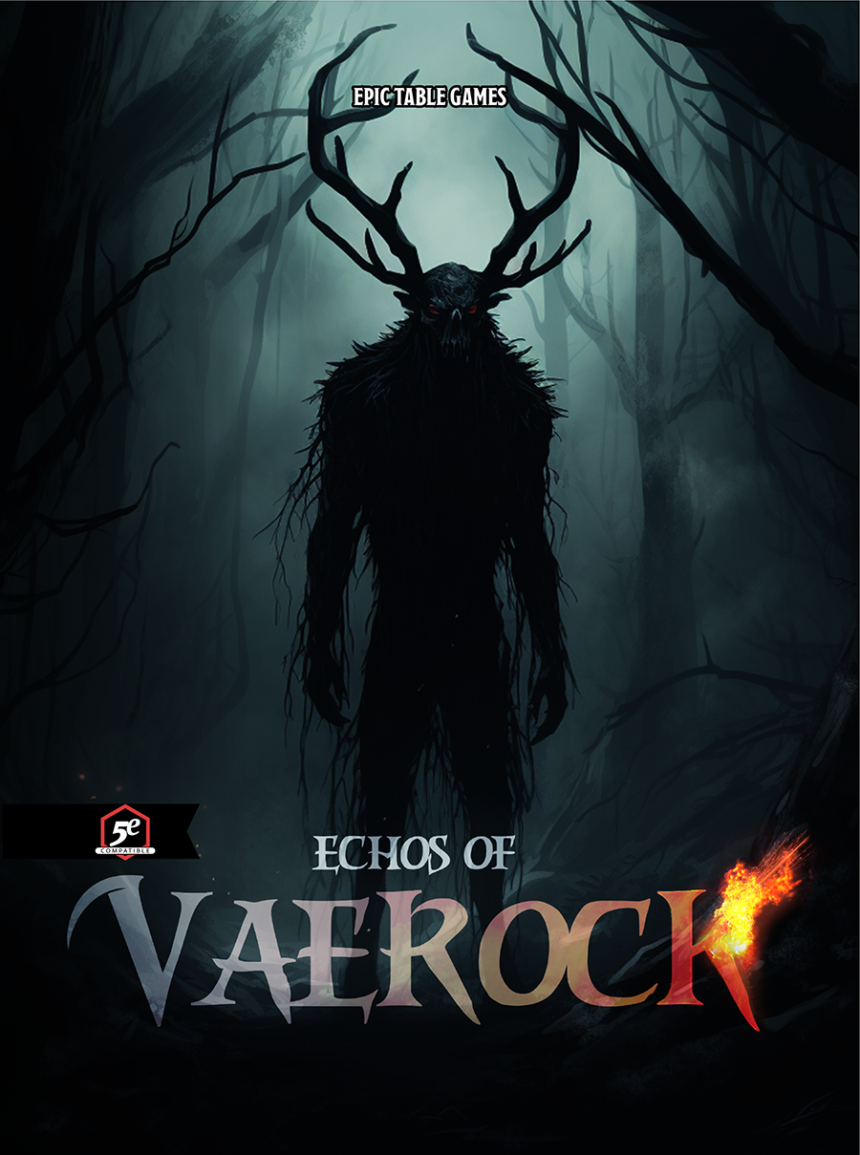Hey there, and welcome back to your seat at the Epic Table!
Today’s column is inspired by my recent foray back into D&D, but is actually a concept that comes from Apocalypse World. Recently, I’ve been playing a ton of Baldur’s Gate 3, and for better or for worse it’s reminding me about all the things I love in D&D. (There are more of those than you might think from the rest of my writing; one day, I’ll do a post talking about all the things I think D&D does right.) With Phandelver and Below having just come out, I figured it was a good time to leap back into the classics and start up a campaign with a few friends.
Somewhat predictably, I then immediately ran into all of the things I don’t like about D&D—a huge number of which involve the ridiculous amounts of prep necessary compared to other, more streamlined systems. So there I was, doing all my work to get my Roll20 maps set up, when a piece of advice I love from Apocalypse World occurred to me. That being: name all of your NPCs.
So I did.
Yes, even the monsters
No, I’m not kidding.
Definitions
First, let’s set up a definition. For the purposes of this discussion, an NPC is any being that could have a conversation with a PC if they shared a language. A goblin is an NPC. Under almost all common circumstances, a gelatinous cube is not an NPC. (I can already hear the muttering beginning about certain mechanical corner cases, and I’ll cover those at the end, I promise.) Basically, if they can express themselves, they’re an NPC.
Next, let me quote the exact advice from Apocalypse World 2nd Edition:
Name everyone, make everyone human. The first step toward making
your NPCs seem real is to name them. There’s a list of good NPC names on
the 1st session worksheet, and feel free to scavenge unused names from
the character playbooks too. Every NPC who gets even a single line or a
single significant on-screen action, give a name.
I am a hundred percent behind what the Bakers are saying here. So yes, I am advocating for every creature that can have a conversation with your PCs that says or does even one significant on-screen thing to get a name. And combat is a significant action.
Just so we’re crystal clear: there are 18 unnamed goblins in the first chapter of Phandelver and Below, and I am absolutely advocating for you to name every single one of them.
Um. Why?
I think most people reading this are going to ask some variant of the following: why in the world would I bother naming a goblin whose only real role in the game is to immediately die after being introduced?
It makes your NPCs seem real. The quote from Apocalypse World introduces the idea, but I want to expand on it.
What is a goblin? A miserable pile of stats. Especially given the various erratas, retcons, and inconsistencies over the years, telling me that there are four goblins in a given area really doesn’t tell me anything other than that there are four THINGS here with +4 to hit that deal 1d6+2 damage. (And that’s in D&D—in something like Apocalypse World, that might not even tell me that much.) And from a purely mechanical perspective, that’s basically fine: all we really need to play the game are the numbers that make the clicky-clacky dice make sense.
The problem is that occasionally, players will do things like ask for more information about the goblins. Or listen at a door, perhaps.
And the thing about naming them is that doing so makes improvising something along those lines way easier. It doesn’t seem like much, but even just naming an archer One-Eye can send your mind in interesting directions. (Does he really only have one eye? How does he shoot, then?) If your PCs listen at the door, you’ll have some inspiration to make up a conversation between two otherwise indistinguishable goblins. What’s easier: making up a conversation between Goblin 1 and Goblin 2, or making up a conversation between Pot and Kettle?
This is about ten times more important if your characters like to take prisoners, by the way. Having Goblin 1 tell them about Goblins 3, 4, and 5 isn’t nearly as immersive as having Plerg tell them about Drak, Hobnail, and Glerk.
Isn’t This A Ton Of Work?
Okay, next logical question: isn’t this a ton of extra work? Doesn’t it take a whole lot of extra time to name every possible NPC?
Not really, for two very simple reasons.
The first reason is that we live in an age of amazing technological wonders. Name generators are all over the place for every possible genre and setting combination. It’s the work of about five minutes to go to one of them and generate literally hundreds of names to use. If you feel like tossing a few bucks at creators, there are also plenty of books on DriveThruRPG and the like which are nothing more than lists of names to use. There’s no shame in picking them off a list.
And on that note: the names don’t have to be brilliant. There’s a very real chance that your players will never even learn the names of a lot of these NPCs—this is just a tool for you to help create immersion. Even if the names suck, no one will ever know but you.
The second reason is that in almost all cases, you’re writing the names out anyway. If you’re playing online and using a virtual tabletop, you’re naming all of your tokens anyway. It takes just about the same amount of time to type in “Drak” as it does “Goblin 7.” Even in a physical game, you’re writing the name down at least once—on an initiative tracker, in your prep notes, somewhere. Grab a name from a list and assign it. It makes the world a little more complete than yet another instance of “Kobold 4.”
Anything They Can Speak With?
In D&D, you can cast a spell to speak with animals. You can cast another to speak with corpses, and a third to speak with plants. In Apocalypse World, the Savvyhead gets a move that lets them commune with objects. That seems to drastically increase the workload.
And the answer is… pay attention to what your players are telling you. Players don’t pick abilities like Speak With Animals if they don’t intend to ever use them. The truth is the opposite of what you might think. If a player is taking one of these abilities, it becomes even more important to name NPC animals or what have you that they might talk to. That’s because them taking those abilities in the first place is a major signpost that they want to be having those kinds of conversations.
So should you name every single plant in the entire world the instant your Druid hits level 5? No, but you better start naming the significant ones. If there’s a huge tree growing in the middle of town, you better have a name for it at bare minimum. That’s exactly the kind of NPC your druid is going to want to talk to.
Name Of The Game
Ultimately, what it comes down to is this: adding names for your NPCs takes very little time and has a huge payoff. It can make roleplay much, much easier when it happens, even if you didn’t expect there to be any roleplay in the first place. That’s doubly true of NPCs that the players need to make building choices to talk to: they don’t make those choices unless they want to use those abilities.
Take the time to name your NPCs, and have a few lists of names handy for unexpected instances. The payoff is worth the time.
The contents of this post are © 2024 H. Tucker Cobey. All rights reserved.





